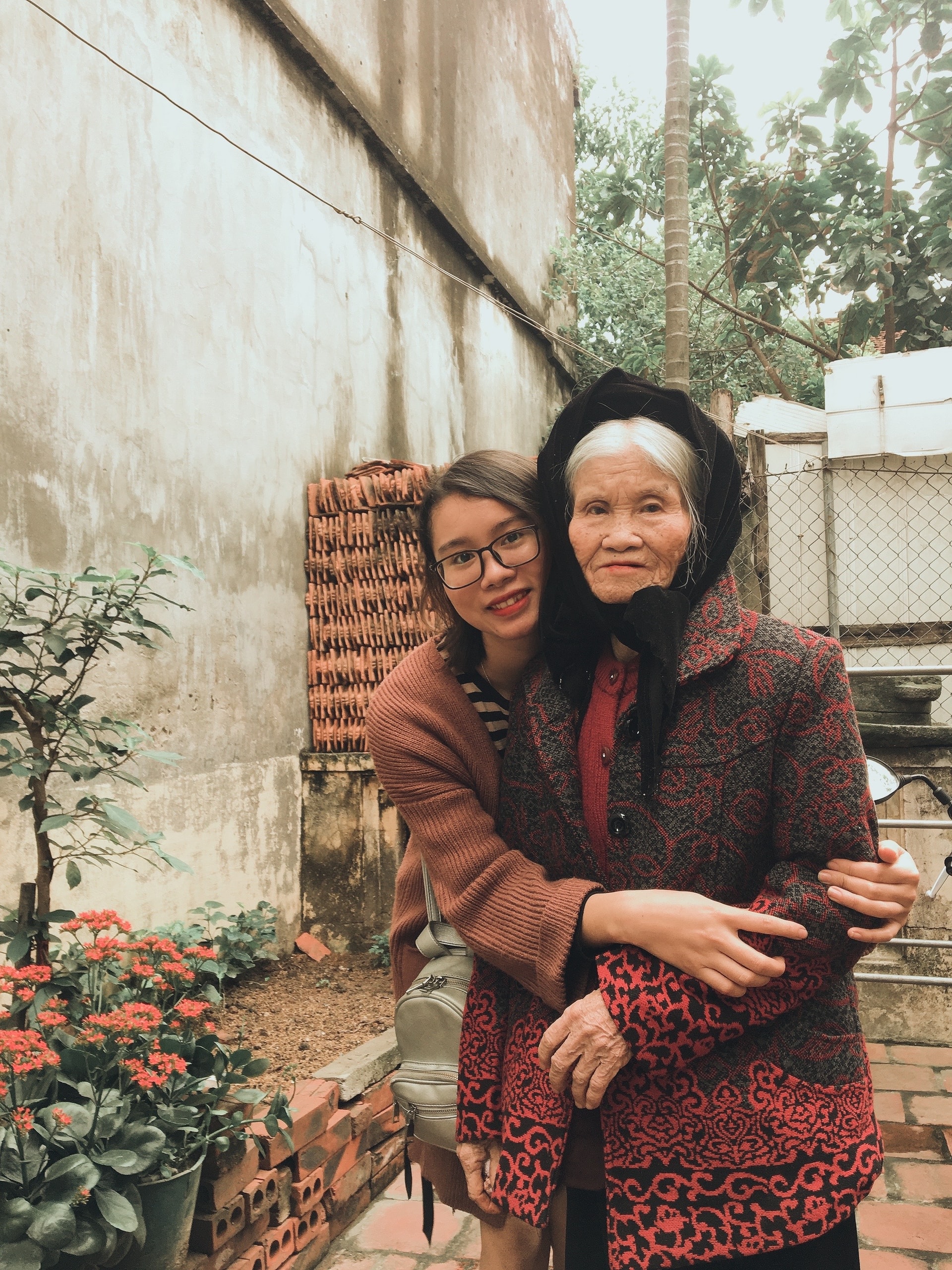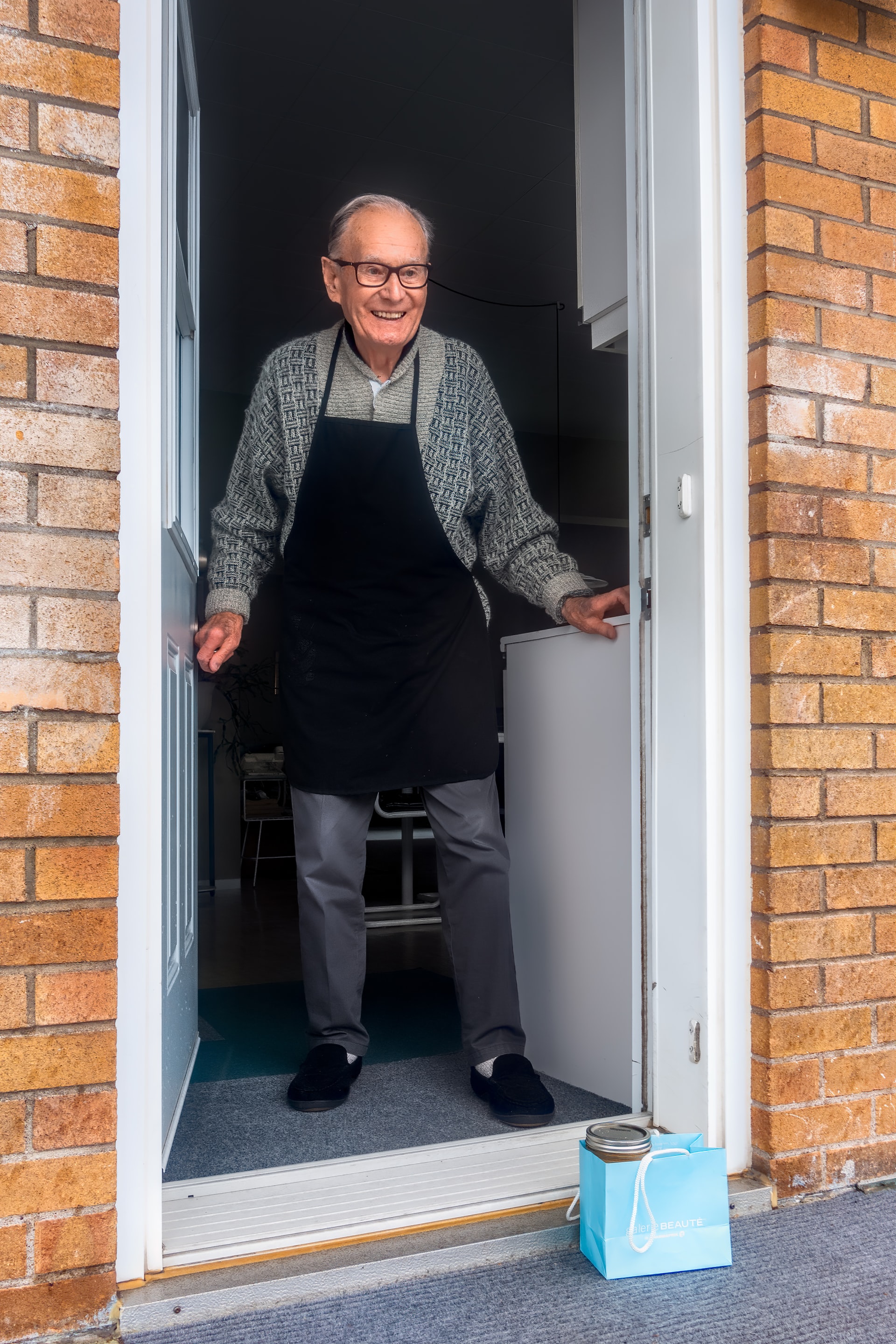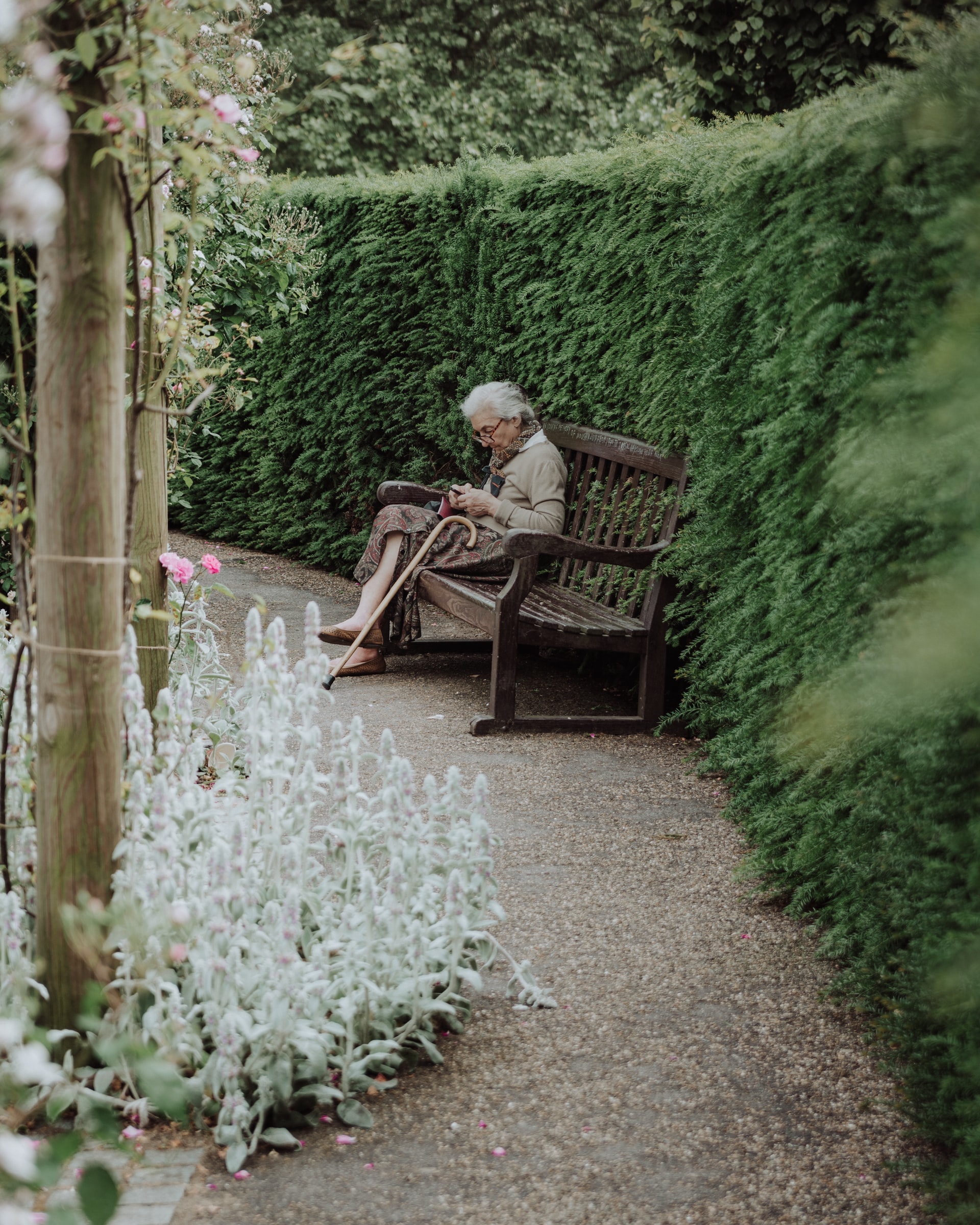Students and seniors find symbiosis

Do you remember your time as a student where affordable housing meant multiple roommates, and sketchy landlords? Do you perhaps also know a senior who has extra space but lacks good social connections and may be isolated?
An unlikely match: seniors and students
Although these two demographic groups might seem like polar opposites, they actually have housing needs which are quite complimentary.

Let’s look at students first. Students require affordable housing, as they are at a point in their lives where they are trying to finance their education while balancing schoolwork, part-time jobs, and other expenses that occur at this age.
Unfortunately, there seems to be a shortage of affordable housing in many cities around the world. More specifically, affordable housing located on or near university campuses can be quite hard to come by. First of all, a large number of students attending a single university may cause a significant increase in demand for nearby student housing. This not only means that spaces fill up fast, but they also rise in price due to high demand.
So, this lack of affordable housing has the potential to leave students in a tough spot!
Living with seniors has shown to be a surprising but fruitful solution to this problem that students are facing. And in return, the students are able to fulfil some of the needs of seniors who would otherwise live alone or live with other seniors in a retirement home or assisted-living facility.
Isolation epidemic
Aging can unfortunately be a lonely experience, with decreased ability to get out, family not always nearby, and fewer friends. Seniors in these situations can find that they have less opportunity to make new friends and to have intergenerational connections.
Seniors who do choose to age in place may feel isolated due to mobility issues such as the inability to drive, walk long distances, or take public transportation.

While these issues may be addressed by designing age friendly cities, there is also another option!
Connecting seniors with students is a great way to mitigate this sense of loneliness and isolation, as well as provide them with the additional companionship they might be needing.
Humanitas is leading the way
So, how exactly does this living arrangement work? There are a few different ways it can be done. One way is through non-profit organizations such as Humanitas.
Humaitas runs an intergenerational retirement home located in the Dutch city of Deventer. This concept was developed as a response to the city’s shortage of student housing and the health care funding cut for people over 80.

The deal is that students are offered a free room in the retirement home in exchange for 30 volunteer hours per month. The term volunteering sounds quite formal, but in reality, this “work” is about making connections with the seniors, being neighbourly, and lending a helping hand when needed. Some truly inspiring friendships have developed between students and seniors as a result of this program!
And while you may think that living in a retirement home would be restrictive for the students, this isn’t actually the case! Students are able to come and go as they please, bring guests whenever they’d like, and even host parties.
To learn more about this unique living situation, check out this 20-minute documentary!
Symbiosis between seniors and students in Canada
Another similar program comes from Canada and is called Symbiosis. Symbiosis is a students and seniors co-housing program which connects students with seniors living alone for a mutually beneficial housing relationship. This program is run by McMaster University located in Hamilton, Ontario.
Seniors who have a spare bedroom, home insurance, and are willing to share common areas are matched with students who are willing to help around the house and provide companionship. A rigorous screening process ensures that students and seniors are matched based on criteria such as shared interests, personal habits, and more.

This type of arrangement is great for seniors who want to age in place while maintaining their independence. It makes a world of difference to have a companion who is able to ward off feelings of loneliness while assisting with chores around the house.
Whether it's through a program like Symbiosis or Humanitas or a personal arrangement made between friends or family members, consider whether you or the people in your life could benefit from a living situation that connects seniors with students. It truly can be a symbiotic arrangement creating great benefit to everyone.

Stay connected with news and updates!
Join my mailing list to receive the latest news and updates. Your information will not be shared.

